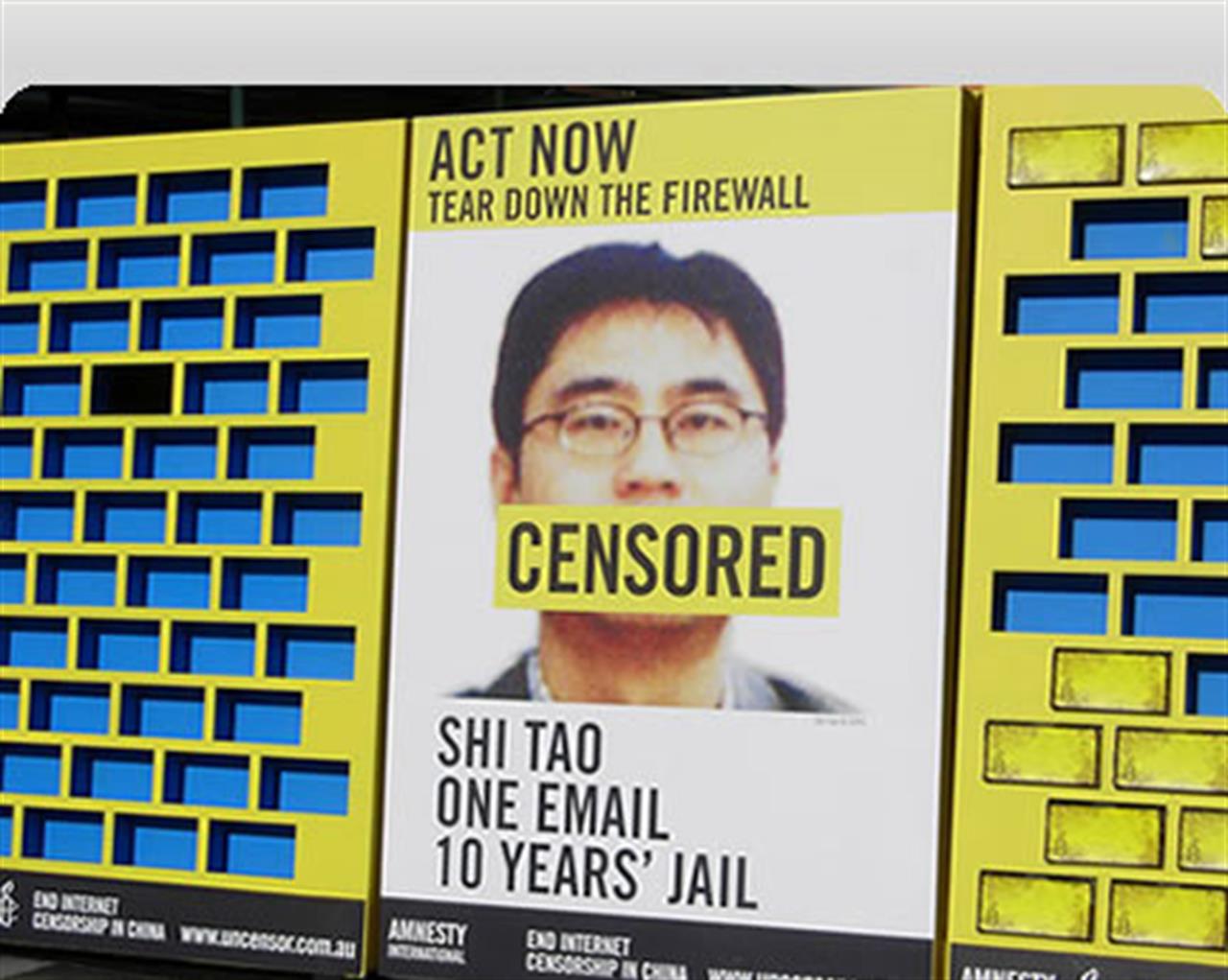Non profit
Human rights: The four faces of repression
Human rights organisations leave no shadow of doubt: Chinese authorities have used the Games as an excuse to crackdown on dissidents. Here is how.
di Staff

Ye Guozhu
Condemmed in in 2004 to four years detention after having asked for permission to organize a demonstration on occasion of the communist party’s central committee meeting. Ye Guozhu wanted to draw attention to the forced evacuation of Beijing’s Xuanwu district, where a group of policemen corrupted by building constructors, had evicted residents, including Ye, from their houses.
According to Amnesty International he has been tortured during the detention, hung to the ceiling and repeatedly beaten, hit by electric shocks and left in uncomfortable positions for hours. He suffers from illnesses preceding the arrest, like heart problems and cerebral thrombosis, as well as from other pains caused by the sufferings that he has faced.
In spite of this, authorities allow him only the mildest of medicinals. He should have been released on July 26 but his family have been told that he won’t be home before October 1.
Hu Jia
Cyber dissident, Hu is a human rights activist who uses the internet to convey his political message. On November 26 2007 he spoke to the European Parliament through a webcam saying: “it’s funny that one of the people responsible for the organisation of the Olympic Games is also the head of public security, that is responsible of so many violations of human rights. It’s very worrying that the Chinese government hasn’t kept the promises made before the Olympic Games”.
He has been sentenced to three years and six months of prison for “incitement to subversion” after having published information considered “top secret” on foreign web sites. Besides he has been sentenced to a year of political rights deprivation.
During the period of preventive detention he has been denied the drugs he needs for Hepatitis B. No one knows his whereabouts and his wife, Zeng Jinyan, who is an activist as well and is under house arrest, has had her telephone and internet connections cut by the authorities.
Chen Guangcheng
A blind legal consultant, protagonist of campaigns for the right to free maternity and against birth control, Chen has been sentenced to four years and three months of detention for “damage of public property and gathering of people to stop the traffic”.
In 2006 he had helped a group of citizens to bring the authorities of Liniy, in Shandong, to court for their illegal sterilization and forced abortion policies. His trial took place behind closed doors and his lawyers were not allowed to work on his defence regularly. In prison he has been beaten by other prisoners and harassed by guards. Despite his blindness he hasn’t been granted house arrest. Chen keeps on fighting against his sentence and to bring the Liniy authorities to justice. He is a typical example of activist imprisoned for having caused “trouble”.
Shi Tao
A journalist who has been arrested for having exercised his freedom of expression. In April 2004 he sent, from his e-mail box on Yahoo!, a message to an internet site of Chinese dissidents located in the United States. In the e-mail he quoted a Beijing government measure that ordered communication means to give little importance to (and coverage of) the 15th anniversary of the Tian’an men protests.
The following year, thanks to Yahoo!’s cooperation, he has been sentenced to ten years of imprisonment for “having illegaly provided foreigners with State secrets”. His lawyer said that all the sequence has taken place in an atmosphere of illegality and that the authorities have deprived him of the faculty of practicing his own activity. Shi’s case has told the world about the degree of Chinese censorship on the web and the complicity of online services companies, including Yahoo! and Google, with Beijing’s regime.
Translation by Christina Barbetta
Si può usare la Carta docente per abbonarsi a VITA?
Certo che sì! Basta emettere un buono sulla piattaforma del ministero del valore dell’abbonamento che si intende acquistare (1 anno carta + digital a 80€ o 1 anno digital a 60€) e inviarci il codice del buono a abbonamenti@vita.it
